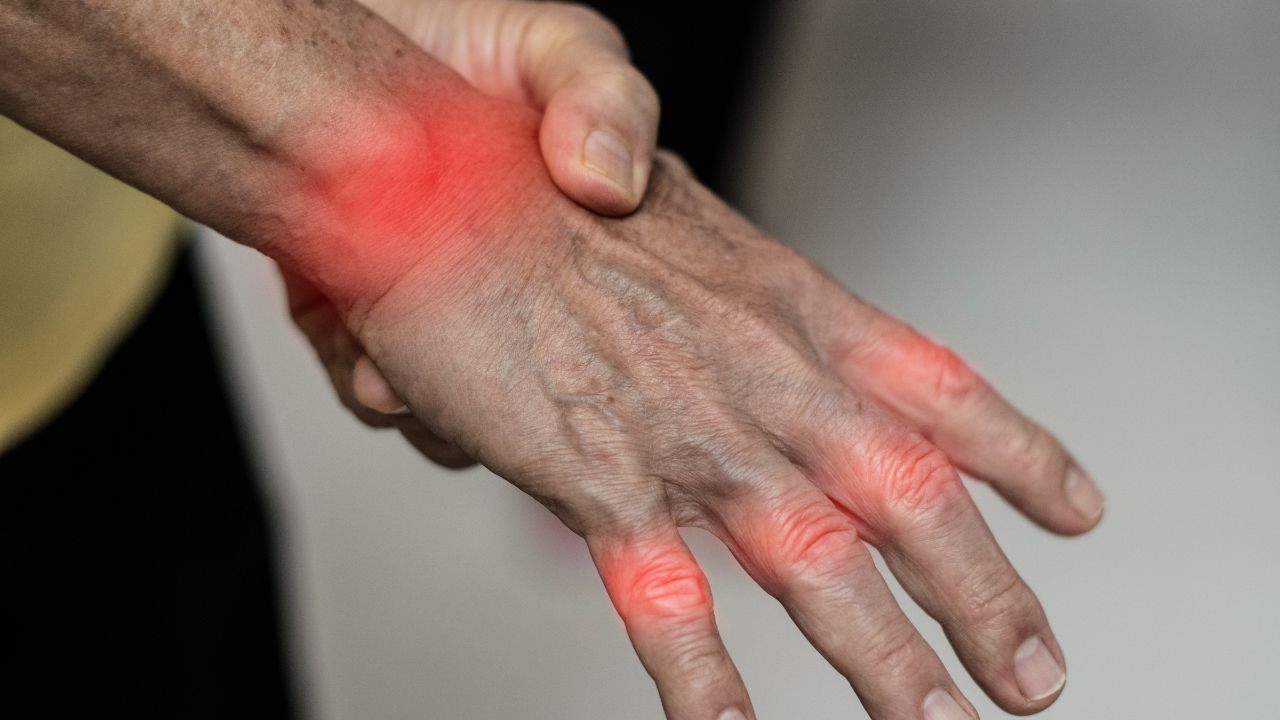
Understanding Nerve Injuries: Symptoms, Treatments, and Recovery Options for Hands and Wrists
Published on January 18, 2025 by The Hand & Plastic Surgery Center of Katy
Nerve Injuries in the Hands and Wrists
Nerve injuries in the hands and wrists can profoundly impact daily life, affecting everything from basic hand functions to overall quality of life. Whether caused by trauma, compression, or repetitive stress, these injuries require expert diagnosis and care to prevent long-term complications. At Hand and Plastic Surgery Katy, we understand the complexity of nerve injuries and offer comprehensive diagnostic and treatment solutions.
Understanding Nerve Injuries in the Hands and Wrists
Nerves are essential to your body’s communication system, transmitting signals between your brain and hands. When these nerves become damaged or compressed, it can lead to various symptoms and functional limitations. The three primary nerves in the hand and wrist are:
- Median nerve
- Ulnar nerve
- Radial nerve
Common Symptoms of Nerve Injuries
Recognizing the signs of nerve injury is crucial for early intervention. Common symptoms include:
- Numbness or tingling sensations
- Burning or shooting pain
- Weakness in grip strength
- Loss of coordination
- Muscle wasting in severe cases
- Temperature sensitivity changes
- Difficulty performing fine motor tasks
Causes of Nerve Injuries
Nerve injuries in the hands and wrists can occur for various reasons, but some of the common causes include:
- Repetitive Strain Injuries (RSIs): Constant repetitive movements, such as typing or using handheld devices, can lead to nerve compression over time.
- Traumatic Injuries: Accidents like fractures, lacerations, or crush injuries can sever or bruise the nerves.
- Nerve Compression Syndromes: Conditions like carpal tunnel syndrome (compression of the median nerve) or Cubital Tunnel Syndrome (compression of the ulnar nerve) are frequent causes of nerve pain.
- Chronic Conditions: Diseases such as diabetes can lead to peripheral neuropathy, making nerves more susceptible to damage.
- Overuse & Arthritis: Overuse or inflammation caused by arthritis can put undue pressure on the nerves.
Understanding what caused the injury is key in tailoring the most effective treatment plan.
Available Treatment Options for Nerve Injuries
The treatment approach depends on the severity and type of nerve injury. At Hand and Plastic Surgery Katy, our experienced team uses a combination of non-surgical options and hand surgery procedures for optimal patient outcomes.
Non-Surgical Treatments:
- Immobilization and Rest: Braces or splints can alleviate nerve compression and promote recovery.
- Physical Therapy and Occupational Therapy: Exercises are customized to rebuild strength, improve flexibility, and restore hand function.
- Medications: Pain relievers, anti-inflammatory drugs, or sometimes nerve pain medications may be prescribed.
Surgical Treatments:
If non-surgical strategies prove insufficient or if the damage is severe, surgery may be necessary. Common procedures include:
- Nerve Decompression: Surgery relieves the nerve’s pressure for conditions like carpal tunnel syndrome, helping restore normal function.
- Nerve Repair or Grafting: Severed nerves can sometimes be repaired by suturing, or nerve grafts may be used for reconstruction.
- Tendon Transfers: In cases of longstanding nerve damage, surgical tendon transfers might be implemented to restore hand movement.
Dr. Dipan Das, our experienced hand and plastic surgeon, utilizes advanced hand surgery procedures when necessary to restore nerve function and relieve pain.
Contact Us Today for Expert Care
Don’t let nerve injuries affect your quality of life. Schedule a consultation with Dr. Das to discuss your symptoms and explore nerve injury treatment options in Katy, TX. Early intervention often leads to better outcomes and faster recovery.




